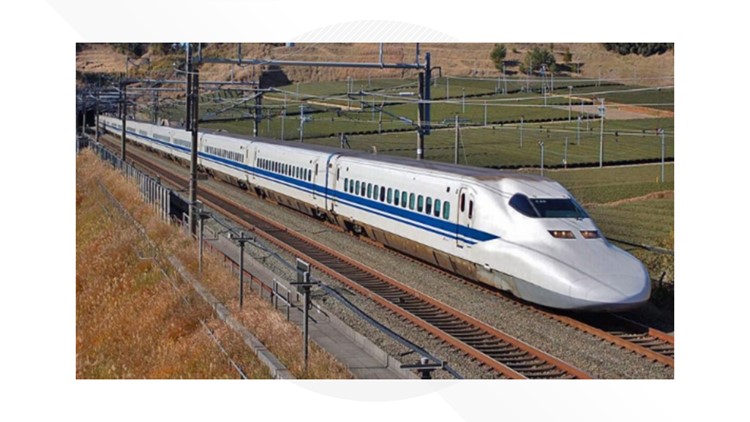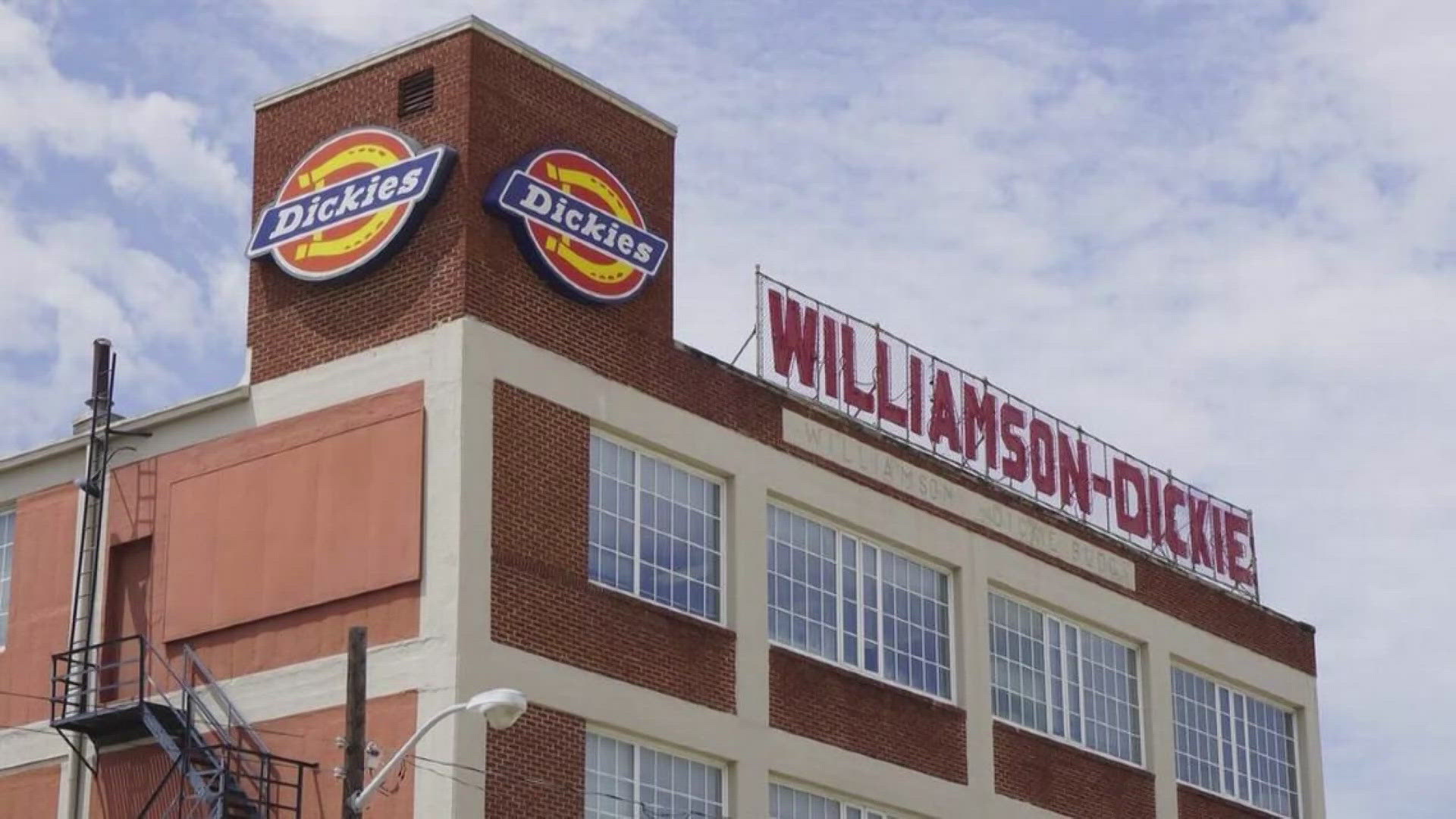Virtual Federal Railroad Administration hearings on the proposed high-speed rail project between Dallas and Houston are continuing this week after in-person hearings were canceled amid guidance from the federal government concerning large gatherings of people.
The FRA conducted hearings on Monday, Tuesday and Wednesday. In the hearings, the discussion was centered around the proposed safety requirements the train would operate under. Texas Central, the Dallas-based company developing the project, wants to connect Dallas and Houston via a 90-minute train ride.
So far, the project's main opposition group said the hearings have seen low attendance, because of the difficulty in calling in, and spotty reception.
"Some comments were not able to be properly transcribed in the record because the call was breaking up," said Kyle Workman, president of Texans Against High-Speed Rail. "With limited number of callers allowed, many landowners didn’t want to waste time attempting to call in, so the maximum participation and actual participation significantly limits the fullness of public comment needed for this important process."
Texas Central did not respond to a request for comment.
In March, TAHSR called upon the FRA to postpone the hearings until it was safe to gather in-person, because of rural residents' lack of access to reliable internet and strong phone service.
Rural counties across Texas lack the resources large counties enjoy. For example, more than 99 percent of households in Dallas County and 94 percent in Harris County have access to broadband with speeds of 100 megabits per second or more. In rural counties, where the track is projected to cut through, that number dips to 9 percent in Leon County, 7 percent in Grimes County and 1 percent in Limestone County, according to Connected Nation Texas.
The call to delay the hearings was echoed by U.S. Rep. Kevin Brady, who represents a district outside Houston. Brady is one of the most vocal opponents of the project at the lawmaker level.
"Replacing in-person public hearings with virtual meetings while our communities continue to respond to the COVID-19 crisis would severely limit input from those who stand to be affected the most by this project," Brady said in a prepared statement when the FRA announced a virtual approach to the hearings would be examined.
Attaining the necessary regulatory approvals is one step Texas Central must take to make the project a reality.
For an in-depth look at the hurdles the project faces, read this Dallas Business Journal story.



